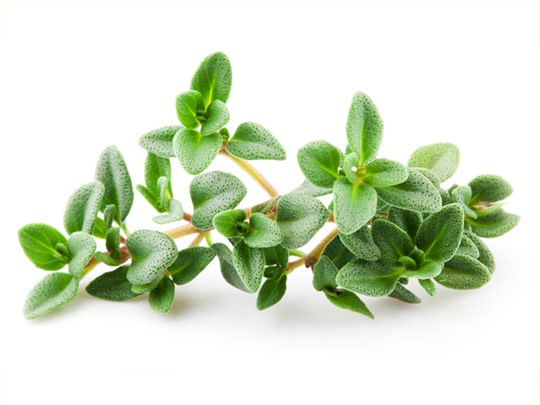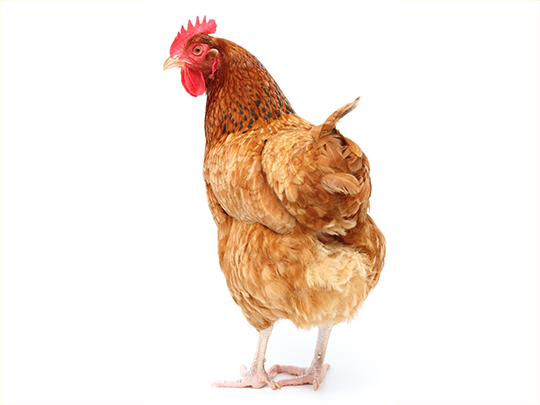Support your birds intestine – in a natural way
Our first line of defense is not strong enough. Like a broken castle wall, even a pre-damaged poultry gut is nearly powerless against the ingress of pathogens. Pathogenic germs, such as Eimeria, can easily invade in the intestinal mucosa and cause Coccidiosis – a disease with an economic loss of more than 2 billion euros per year. Find out about natural weapons to support poultry in challenge conditions.

Imagine: Up above the green hills it stands, the big castle surrounded by high walls. Handsome knights are waiting on the castle wall, ready to fight. But the knights are overwhelmed by the immense number of enemies attacking the castle walls – they are getting to be destroyed. Our first line of defense is not strong enough. Like the broken castle wall, even a pre-damaged poultry gut is nearly powerless against the ingress of pathogens.
Pathogenic germs, such as Eimeria, can easily invade in the intestinal mucosa and cause Coccidiosis – a disease with an economic loss of more than 2 billion euros per year.
But the former miracle weapons are under debate:
With increasing pressure because of resistance problematics, the use of coccidiostats, the main prophylaxis so far, is seen more critically nowadays. Moreover, as happened with antibiotics in 2006, there is even a talk of potential bans on the use – in Norway this is already reality.

However, the spores (oocytes) of the coccidia are resistance fighters: they survive nearly every adverse environmental influence, even cleansing and disinfection. Thereby, not only primary coccidial infections, but especially secondary bacterial infections may lead to inflammations that destroy the epithelial cells of the intestinal wall – just like fire destroying the walls of the castle. The feed intake may reduce, body tissue degrade and the intestinal integrity can drop.
Gut health issues? Start to support your birds’ resilience
Especially secondary infections like necrotic Enteritis can cause reduced weight gain, wet litter and poor uniformity, going along with impaired animal welfare and profit losses. Those primary and secondary infections not only affect the animal and the producer – the consumer is in danger as well: Due to translocation of bacteria like Clostridia or E. coli through the intestinal barrier into the body tissues, food safety is at risk.
It’s time to strengthen, stabilize and enhance resilience of the poultry’s intestine – nature can be our hero here

Your birds are happy when their gut is healthy – resilience is better than cure
On the first level of defense, interruption of the Eimeria reproduction cycle can lead to markedly reduced excretion of Eimeria oocysts, hence reducing the build-up of Eimeria in the litter.
Moreover, quorum sensing inhibition (the disruption of bacterial communication pathways) on a second level can lead to lower bacterial virulence (e.g. by suppression of alpha toxin production by C. perfringens), hence stabilizing the gut microbiota.
Indirect effects on a third level of defense may improve resilience of the bird: Did you know that selected phytogenics can offer antioxidative effects? Those can either be mediated via upregulation of antioxidative enzymes or by direct scavenging of reactive oxygen species (ROS).
The benefits when supplementing phytogenics? Profit from improved resilience and supported well-being of the bird – and maintain performance even under challenge conditions
Do you want to know more about phytogenic support under challenge conditions?

Anne Oberdorf
Anne has always been fascinated by the unknown, the diversity and beauty of nature. Her love for nature brought her to Delacon in 2018 after studying agricultural sciences, where she worked as Technical Communications Manager and later as Product Manager Aquaculture. Since February 2021, she has been taking a new, natural career path outside of Delacon.










